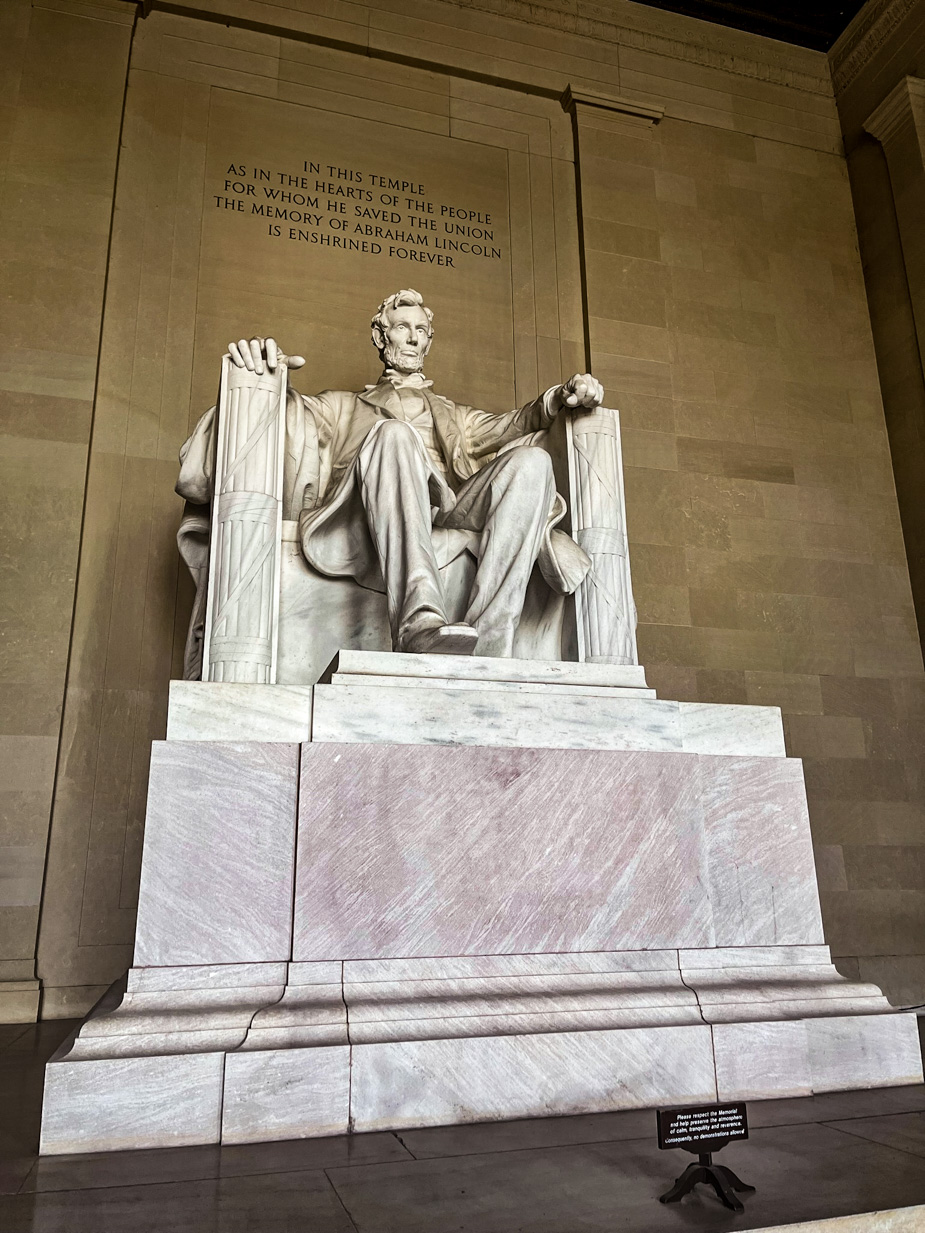

 ©Michael Player
©Michael Player
Chapter 6:13-22 (ESV) - Then, according to the word sent by Darius the king, Tattenai, the governor of the province Beyond the River, Shethar-bozenai, and their associates did with all diligence what Darius the king had ordered. And the elders of the Jews built and prospered through the prophesying of Haggai the prophet and Zechariah the son of Iddo. They finished their building by decree of the God of Israel and by decree of Cyrus and Darius and Artaxerxes king of Persia; and this house was finished on the third day of the month of Adar, in the sixth year of the reign of Darius the king.
And the people of Israel, the priests and the Levites, and the rest of the returned exiles, celebrated the dedication of this house of God with joy. They offered at the dedication of this house of God 100 bulls, 200 rams, 400 lambs, and as a sin offering for all Israel male goats, according to the number of the tribes of Israel. And they set the priests in their divisions and the Levites in their divisions, for the service of God at Jerusalem, as it is written in the Book of Moses.
On the fourteenth day of the first month, the returned exiles kept the Passover. For the priests and the Levites had purified themselves together; all of them were clean. So they slaughtered the Passover lamb for all the returned exiles, for their fellow priests, and for themselves. It was eaten by the people of Israel who had returned from exile, and also by every one who had joined them and separated himself from the uncleanness of the peoples of the land to worship the Lord, the God of Israel. And they kept the Feast of Unleavened Bread seven days with joy, for the Lord had made them joyful and had turned the heart of the king of Assyria to them, so that he aided them in the work of the house of God, the God of Israel.
Question to consider: What made this Passover particularly special in the eyes of the people?
Since the Old Testament covers a historical record that spans millennia, it can be easy to gloss over the realities of those experiencing it. This was a generation of people who spent most if not all of their lives as captives in a foreign land. If it wasn’t for a handful of prophets like Daniel, Haggai, and Zechariah, they would not have received any word from God, and without a temple, the only worship they would have been able to experience was in secret synagogues where they may have been able to read from whatever scrolls they could salvage in their escape from Nebuchadnezzar’s siege against Jerusalem.
There would have been a glimmer of hope and joy that accompanied the decree of Cyrus to let some return to the land of Israel, for they were able to at least build an altar and see the foundation of the temple being laid. For some, the joy turned to weeping as they realized the rebuilt temple would pale in comparison to the one built by Solomon, but they were reminded that the blessing was not in the house of God but in the God of that house.
That glimmer was all but stamped out though when the enemies of God rose up against Israel and convinced king Darius to shut down the project. It was presented as a “temporary” measure while an investigation was done, but the news was delivered by force from their enemies, and in no stretch of the imagination would fourteen years feel “temporary”. Think for a moment about fourteen years. How old were you fourteen years ago? What has happened over the last fourteen years of your life? If someone told you that something for which you longed was to be postponed for fourteen years from today, how would you feel about it? What do you think your faith would look like if you prayed for something faithfully every day for fourteen years without seeing any evidence that God was doing anything about it?
As the reader, we know that there were machinations going on behind the scenes with continued sabotage by Tattenai, and the discovery of the decree from King Cyrus, but the people of Israel had no idea this was happening until a new decree suddenly was delivered from King Darius which gave them everything they needed to finish in peace and dedicate the new temple.
Today’s passage celebrated the very first Passover in which the priests were able to purify themselves and sacrifice the unblemished Passover lamb. If you went through my study of Exodus 12, we learned that each house had an unblemished male lamb live in their home for 14 days before having it sacrificed and marking their doorposts with the blood. Even though the priests would have sacrificed thousands of lambs, it is interesting that the text refers to the Passover lamb in the singular rather than the plural. I believe this is because this action pointed to the true Lamb of God who takes away the sin of the world as mentioned by John the Baptist in John chapter 1.
I also find it interesting that it was not only the Jews from the exile who celebrated the Passover, but Gentiles who “separated himself from the uncleanness of the peoples of the land”. This would refer to those who were baptized and became proselytes of the God of Israel.
Dear heavenly Father, thank You for answering our prayers, even when we can’t always see what You are doing while we wait. Please help us in our times of unbelief and anxiety, and please forgive us when we get in the way of the work You are doing. Amen.